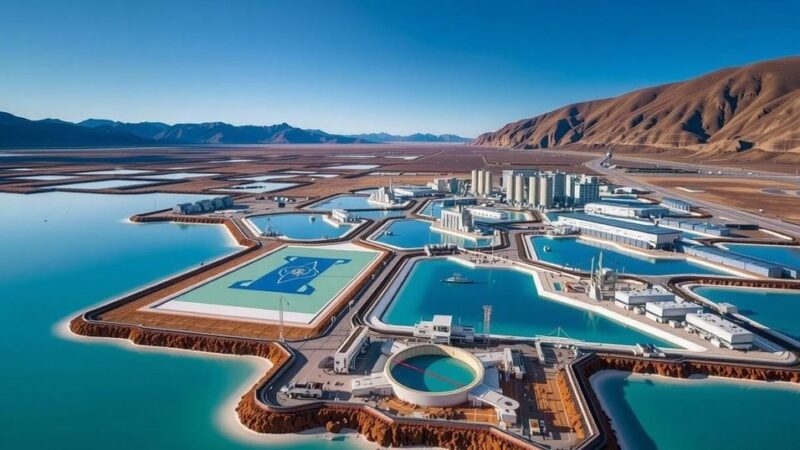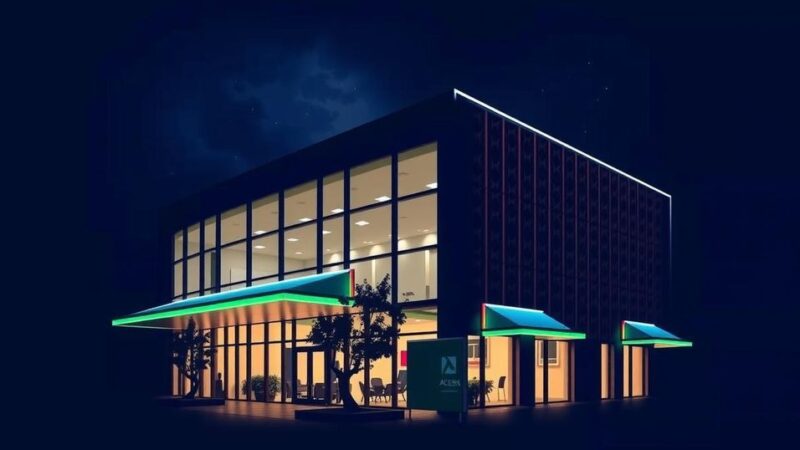Brazil’s Grupo Matrix Energia and Argentina’s TotalEnergies signed a deal with Bolivia’s YPFB to transport natural gas from Argentina’s Vaca Muerta shale. The contract enables YPFB to leverage its infrastructure to move gas to Brazil while addressing recent supply challenges in the region. This partnership is key for enhancing regional energy cooperation amidst declining exports from Bolivia.
On November 22, 2023, Brazil’s Grupo Matrix Energia and Argentina’s TotalEnergies entered into a significant agreement with Bolivia’s state energy enterprise, YPFB, aimed at transporting natural gas from Argentina’s Vaca Muerta shale formation. The contract allows YPFB to utilize its existing infrastructure to facilitate the movement of Argentine gas to Brazilian markets. This collaboration is seen as a pivotal advancement in regional energy integration, especially as Bolivia seeks to revitalize its gas exports, which have faced significant reductions in recent years.
YPFB announced that the new partnership is vital for ensuring that Argentine natural gas can reach consumers in Brazil, enhancing energy security in both countries. Supply issues have plagued the region, with Argentina halting gas supplies to Bolivia in September and Brazil facing challenges in securing adequate volumes. Notably, Argentina possesses substantial shale gas reserves, currently the second largest globally, and is striving to enhance its capacity as a gas exporting nation.
As detailed in the agreement, YPFB’s gas transportation companies have received authorization to operate and oversee the transmission of gas over a pipeline network measuring approximately 1,000 kilometers between Argentina and Brazil. TotalEnergies has also secured permissions for gas exports from its identified basins in southern Argentina, signaling a broadened initiative to bolster energy ties in South America.
In summary, this agreement marks a crucial phase in the dynamics of energy supply in the region, with Argentina aiming to cement its role as a key player in gas exports, leveraging its vast shale reserves and strengthening cross-border energy cooperation, particularly with Brazil and Bolivia.
This agreement between Brazil, Argentina, and Bolivia is set against the backdrop of fluctuating energy supplies and shifting regional energy dynamics. Bolivia, once a leader in gas production, has experienced a notable decline in its exports, prompting neighboring countries, particularly Argentina and Brazil, to explore alternative gas sources. Argentina, with its significant shale gas reserves, is positioning itself to become a key exporter in response to these supply shortcomings. The establishment of agreements that facilitate the movement of gas through existing infrastructures is crucial for the energy landscape in South America.
In conclusion, the deal between Brazil, Argentina, and Bolivia signifies an important collaboration aimed at overcoming recent energy supply challenges faced by the region. It illustrates a concerted effort to enhance energy security and integration, with Argentina striving to become a prominent gas exporter through its significant shale reserves. Overall, this agreement not only bolsters the immediate supply prospects for Brazilian consumers but also strengthens regional energy ties.
Original Source: www.naturalgasworld.com






